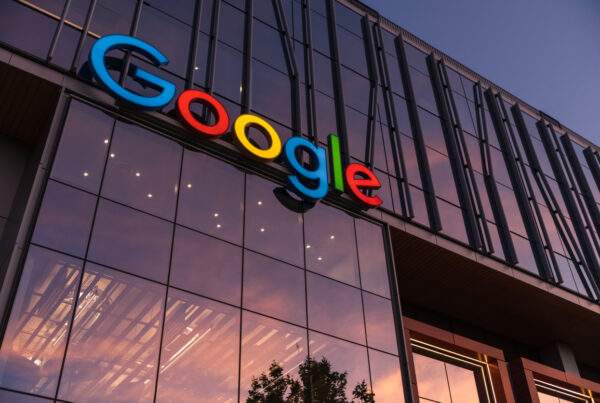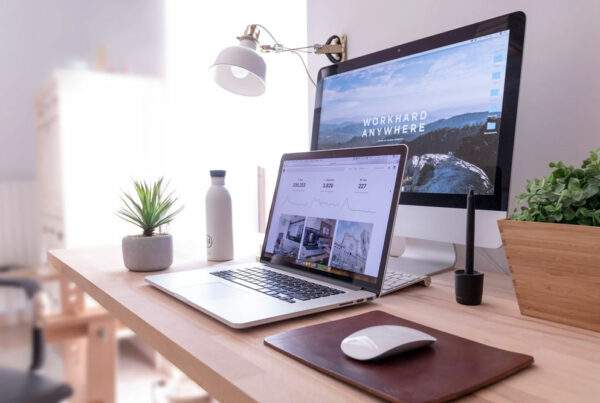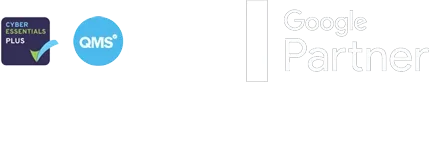
Google is making a huge change to the way it displays ads. As users, you will be used to seeing a mixture of ads at the top, bottom and the right-hand side of its desktop search engine results pages (SERPs).
However, according to Search Engine Land, a spokesperson from Google has confirmed it is removing ads from the right side of its desktop search results. Furthermore, the search engine giant is planning to add a fourth ad above the search results for what it calls “highly commercial queries.”
A Change a Long Time in the Making
Google first started experimenting with placing four ads above the search results all the way back in 2010. But, by removing ads from the side of the page at the same time, the company is now ensuring that desktop search echoes users’ mobile experience more closely.
The space freed up from the side of the page will now be used for Product Listing Ads (PLAs) and additional Knowledge Graph Boxes. For regular users, the changes probably won’t make much of a difference. For businesses, as is typical whenever Google make alterations of this magnitude, the changes could be much more significant.
Ask the Experts
While the changes do present a challenge, smart businesses will be able to adapt their marketing to mitigate the impact of this and future changes to the SERPs. With that thought in mind, Matt Wooller, Lead Digital Strategist at Fat Media, shares his thoughts on how businesses should adapt to the changes Google is making:
Don’t put all your eggs in one basket
If your business is in a position where most of your revenue is generated by either organic or paid search traffic, then things just got a little bit harder. On the paid side, you’re likely to start paying more for traffic, as the same amount of advertisers are now competing for four fewer ad spots in each SERP – that’s bound to drive click costs up. On the organic side, every first page position you’ve worked hard to achieve is now slightly further down the page, so traffic and sales are likely to take a bit of a hit.
For any businesses still pursuing a single-channel approach to marketing, now is definitely the time to start thinking about adding new channels to the mix to protect yourself against any future changes that the search engines introduce.
Standing out in SERPs is more important than ever
With fewer opportunities to be seen in search results, and good click-through rates definitely playing a part in paid search algorithms (and possibly in organic), businesses need to be doing everything they can to make their listing stand out.
For your organic listing, make sure page titles and descriptions are compelling enough to get people to click. If you haven’t marked up your pages so the search engines can display rich snippets that include things like review stars and product prices, now is the time to do so!
Google’s Search Console gives you click-through data for organic listings, so test your page titles and descriptions regularly to see what gets you more clicks.
The same applies to your PPC ads – are you making use of ad extensions such as sitelinks, locations, calls and reviews in your ads? Is your ad copy relevant? Does it let people know why they should buy from you? The more you can do to get people to click your ad, the higher your Quality Score and the better your chances of competing.
Remember the three O’s: optimise, optimise and optimise
From a paid search perspective, on-site optimisation and optimised landing pages will become ever more important. This is because there will be fewer ads spots to compete for, which undoubtedly will push up costs (cost/click prices).
Consequently, improving your Quality Score will be crucial, as this can help to bring click costs down. With higher costs, it’s crucial that businesses are doing everything they can to convert the clicks they are paying for into sales.
 The author of this article, Sandra, heads up our Performance Media team, which means all paid media – may it be paid search, social advertising or display – is managed by her team.
The author of this article, Sandra, heads up our Performance Media team, which means all paid media – may it be paid search, social advertising or display – is managed by her team.
She works and leads key accounts while supporting her team in developing and implementing successful paid media strategies using the most relevant and effective tactics based on a client’s business.
Thanks to Sandra’s broader digital marketing background across paid and organic search (SEO) she can apply her on- and off-site optimisation knowledge to paid media campaigns thereby driving quality traffic and conversions.
Do You Need Help With Your Digital Marketing?
Fat Media is a national, award-winning, full service digital marketing agency. For more information about just some of the things we offer, take a look at our SEO agency services and PPC management services. Or, to speak to one of our experts about how we can help get your business in front of more potential customers, contact us today.



